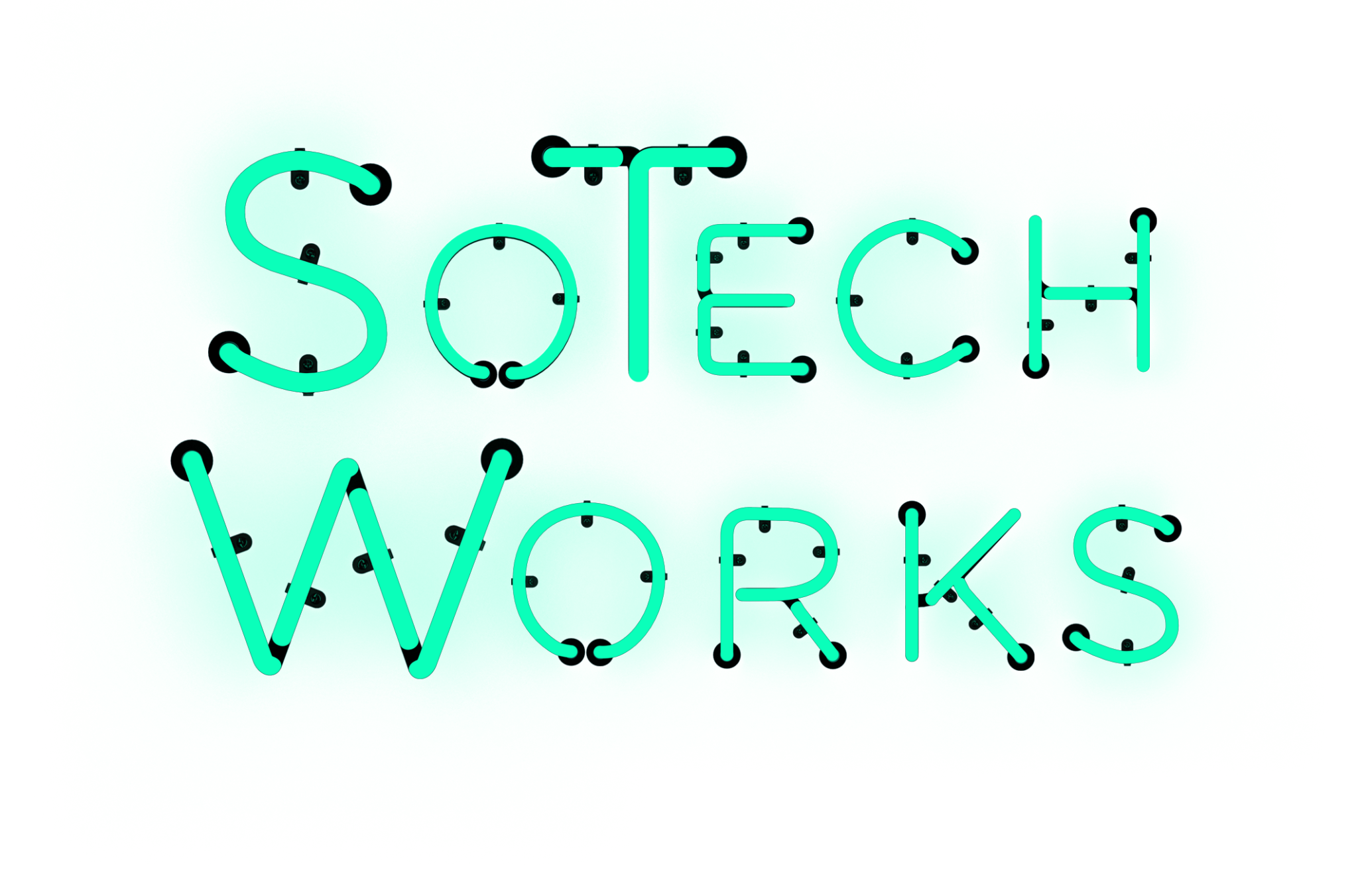Firefox Quantum challenges Chrome in browser speed – CNET
Firefox Quantum challenges Chrome in browser speed
A beta version lets you test whether Mozilla’s newly named web browser, replete with changes built over more than a year, is a match for Google.

Firefox Quantum sports a simpler logo than earlier versions of Mozilla’s browser.
MozillaThe speed boost and new features coming to the next version of Firefox are dramatic enough that Mozilla has given it a brand new name: Firefox Quantum.
The idea, of course, is that the upcoming version 57 is a quantum leap over predecessors — or, in the words of Mozilla CEO Chris Beard, a “big bang.” Company executives acknowledged they let Firefox languish, but now Mozilla is fighting back against the dominance of Google Chrome.
I’ve been using Firefox 57 daily since its very raw “Nightly” version launched a month and a half ago, and I can confirm Mozilla isn’t blowing smoke. It really is a lot snappier starting up and loading web pages, making my online life feel easier if not effortless.
Mozilla stops short of declaring victory over Chrome. But as judged on one important metric, page-load speed, “Firefox Quantum is often perceivably faster” while using 30 percent less memory, Nick Nguyen, Mozilla vice president of Firefox product, said in a blog post Tuesday.
You may be happy with Chrome, which accounts for 55 percent of browser usage today, according to analytics firm StatCounter. But there’s reason to root for Apple Safari, Microsoft Edge, Firefox and other browsers. Different browsers challenge each other by advancing the web’s abilities, introducing new security and privacy features, and speeding up websites and web apps. Chrome’s dominance undermines the web’s independence with sites that don’t work on other browsers, like Google Allo, Google Play Music and offline features of Google Docs.
The new Firefox revamp includes lots of under-the-covers improvements like Quantum Flow, which stamps out dozens of performance bugs and Quantum CSS, aka Stylo, which speeds up website formatting. More obvious from the outside is a new interface called Photon that wipes out Firefox’s rounded tabs and builds a “page action” menu into the address bar. It also builds in the Pocket bookmarking service Mozilla acquired and uses it to recommend sites you might be interested in. Mozilla even simplified the Firefox logo, a fox wrapping itself around the globe.
More improvements are in the pipeline for later Firefox versions, too, including Quantum Render, which should speed up Firefox’s ability to paint web pages onto your screen.

Some of Firefox’s icons through the ages. From left to right are the original Firefox 1.0 icon, a tongue-in-cheek Calvin-and-Hobbes variation, the original Phoenix icon used before Mozilla renamed the project Firefox, the Firefox icon that lasted until Firefox Quantum, a joke version with the Doge meme, the new Firefox Nightly icon and, last, the new Firefox Quantum icon.
Stephen Shankland/CNETIf you don’t remember two decades ago when Microsoft’s Internet Explorer vanquished Firefox’s progenitor, Netscape Navigator, here’s a little refresher. Microsoft essentially stopped updating IE after that victory, hobbling web innovation. That’s why, 15 years ago, Mozilla began a project initially called Phoenix to start over and in 2004 released Firefox 1.0. Firefox succeeded in reigniting browser competition and technological progress, laying the foundation for innovative web-based tools like Google Maps and Facebook.
Mozilla is hoping for similar success with Firefox Quantum, due to arrive in final form Nov. 14. It’ll be tough, though: Google’s Chrome team has deep talent and is working hard to improve Google’s browser. And Google has a strong presence on phones, a crucial market where Firefox is a rarity.
One caveat for Firefox Quantum is that it can’t use older add-ons like the LastPass password manager that you may have installed to customize what the browser can do. That’s because Mozilla has embraced Google’s approach to browser extensions, and add-on authors must retool their extensions. For widely used add-ons that don’t work in the new version, Firefox will recommend alternatives.
Solving for XX: The tech industry seeks to overcome outdated ideas about “women in tech.”
The Smartest Stuff: Innovators are thinking up new ways to make you, and the things around you, smarter.


Discuss: Firefox Quantum challenges Chrome in browser…